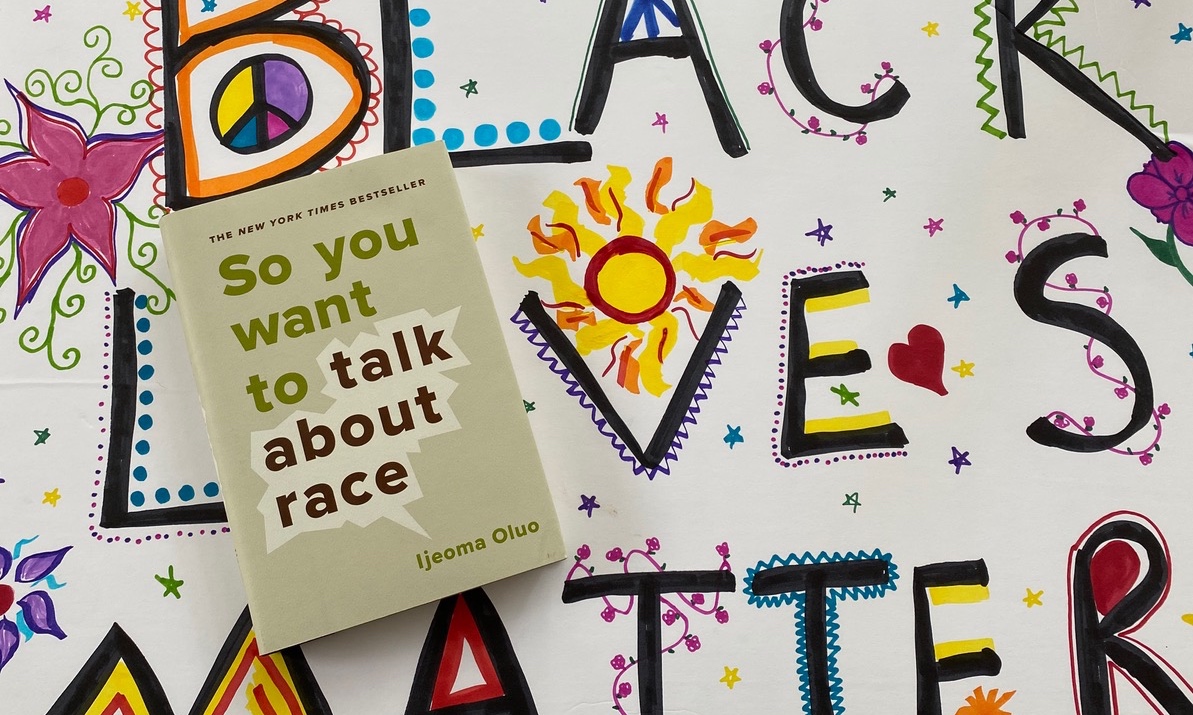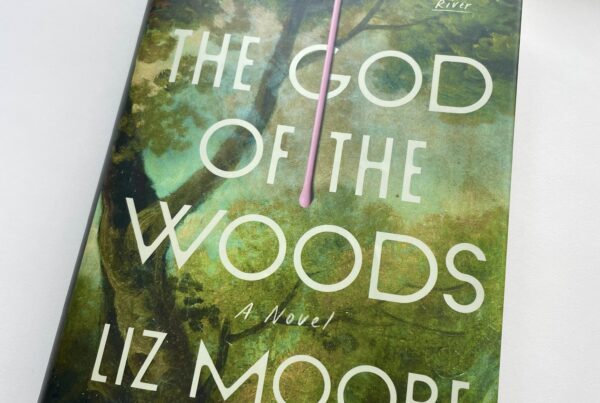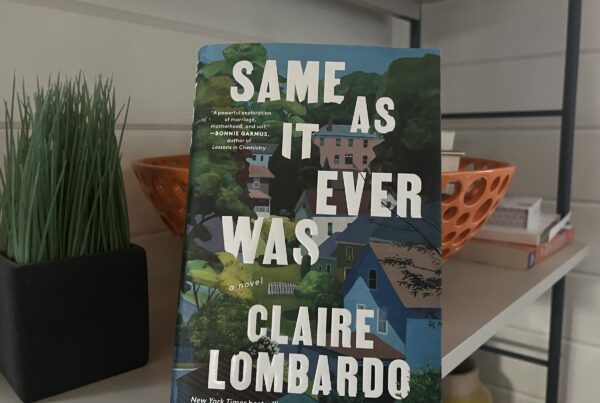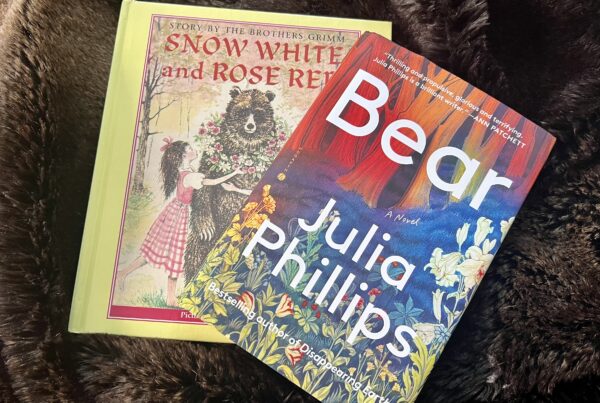In a week when people in America and around the world are pouring into the streets to stand up against racial injustice and police brutality, I couldn’t bring myself to review my original book choice. I joined my daughters at a protest in Atlanta; watched images of destruction, helplessness, solidarity, and rage that burned across media; discussed and argued and read articles and opinion pieces; worried when my daughters went out again today to a peaceful demonstration and were barricaded inside rows of police in riot gear while tanks amassed. I picked up Ijeoma Oluo’s 2018 book So You Want to Talk About Race, reread it, and thought, if you don’t want to talk about race, fuck you.
Oluo speaks directly to the white moderate, to the middle-aged white lady hurt because someone called out her racist assumptions, to the white friend who prefers Black people stop “making it all about race,” to the well-intentioned white people who have taken the step of reading the book she is writing. This is not a book to convince overt racists to stop waving the Confederate flag or to teach you how to argue with your Trump-loving uncle who insists “there are fine people on both sides” at a White Supremacist rally. This is not a book for our children, most of whom are already fighting for a better world, building on our foundations, and then, as Oluo hopes, smashing them to bits in a brighter future. This book is for people willing to learn, willing to recognize their own defensiveness, willing to be uncomfortable, and lucky enough to have a very patient, very smart, very thoughtful writer break it down for them.
Employing a successful mixture of compelling personal history—describing her experience growing up in poverty, the bookish Black daughter of a single White mother—and the definitions, bullet points, and counter arguments that clarify terms such as privilege, micro-aggressions, affirmative action, and school-to-prison pipeline, Oluo is clear and firm without ever sounding self-righteous or didactic. In particular, the chapter “Is Police Brutality Really About Race” is painfully relevant and timely, especially for those unaware of Night Patrols and Slave Patrols, out of which police forces were formed, rooted in the history of “law and order’s” murderous intimidation of people of color.
Having written a book to answer our questions, to explain nuances, to give direction, to encourage, and to walk us through how to be better allies and better humans, Oluo has laid the groundwork for all of us asking right now: how did this happen? what can I do? “Do you believe in justice and equality? Because if you believe in justice and equality you believe it all of the time, for all people. You believe it for newborn babies, you believe it for single mothers, you believe it for kids in the street, you believe in justice and equality for people you like and people you don’t. You believe in it for people who don’t say please.” I will add, as she might, you believe in it for people of color who have been marginalized, dehumanized, oppressed, and murdered.
Of course, talking about race matters; it is fundamental to change. But, as Oluo says, “We cannot understand race and racial oppression if we cannot talk about it. And we can never stop that racial oppression affecting millions of lives in this country if we do not understand how and why it has been able to hold such power over us for hundreds of years. But understanding, on its own, will never equal action.” So You Want to Talk About Race ends with a helpful list of ways to get involved, to challenge the structural racism inherent in our country’s institutions, to take small steps that add up to big change. If you are bewildered by, sympathetic to, trying to understand, or wanting to get involved in the explosive events of recent days, you might begin with this book: first you read, then you talk and listen, then you take action.




